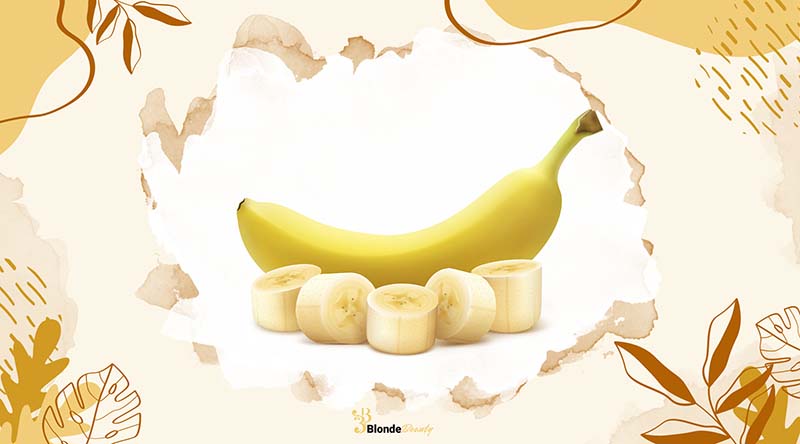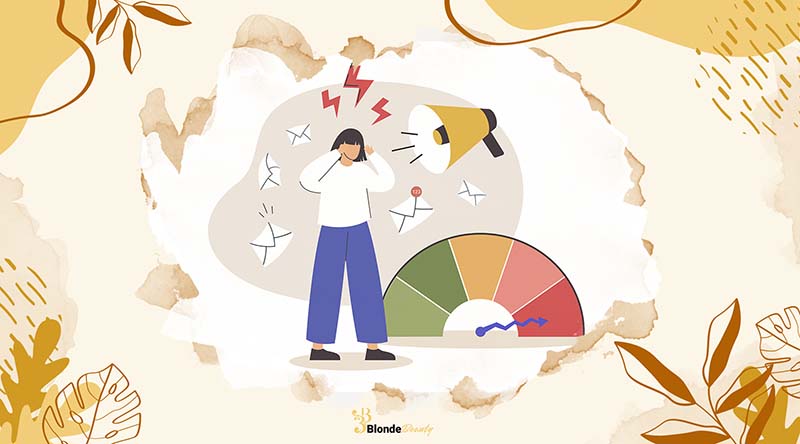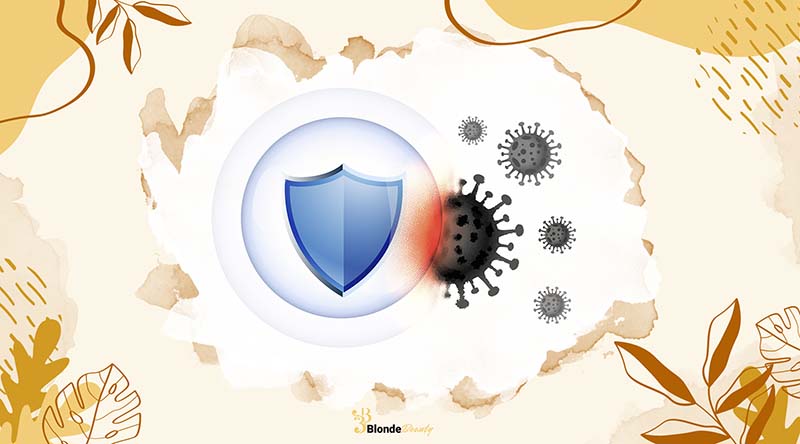When exploring safe and effective methods to enhance testosterone levels, the question ‘Are Bananas Bad for Testosterone?’ often arises, highlighting bananas as a recommended dietary addition. Known as a superfruit and a handy, healthy snack, the real influence of bananas on testosterone levels is still a matter of discussion.
Through an analysis of the nutrients in bananas and their potential impact on testosterone, we aim to offer insights supported by science to address this compelling question.
Let’s explore whether incorporating bananas into your diet can affect testosterone levels.
You should also read the following articles:
- Do Cold Showers Increase Testosterone? The Reality.
- Pomegranate Benefits for Male Sexual Health.
- Will Quitting Smoking Increase Testosterone Levels?.
Are Bananas Good for Testosterone?
Far from being detrimental, bananas can be beneficial for testosterone levels. Bananas are packed with nutrients such as magnesium, bromelain, potassium, vitamin B6, and vitamin C, all of which play a role in supporting testosterone production and upkeep.
Magnesium, a key component found in bananas, is crucial for testosterone synthesis, while bromelain aids in regulating testosterone levels and may even enhance sperm count.
Moreover, the array of vitamins and minerals present in bananas contributes to general health and wellness, indirectly benefiting testosterone levels.
Therefore, adding bananas to your diet can be a smart and health-conscious choice for sustaining testosterone levels and promoting overall well-being.

How Bananas Help Increase Testosterone
Bananas are a powerhouse of essential vitamins, minerals, and nutrients, all conveniently packaged in a single fruit, offering a myriad of health benefits.
One notable component, bromelain, found in bananas, has demonstrated effectiveness in boosting testosterone levels. Additionally, vitamins B6 and C, present in bananas, play a crucial role in supporting the proper functioning of the brain and nerves, which in turn regulate hormone production, including testosterone.
Furthermore, bananas are rich in potassium, which helps maintain optimal levels of sodium in the blood, an important factor in hormone regulation. With this impressive array of nutrients and more, bananas emerge as a natural and effective option for stimulating testosterone production.

5 Other Benefits of Eating Bananas
Reduce Stress
Vitamin C plays a role in regulating cortisol, commonly known as the “stress hormone.” Insufficient vitamin C intake can lead to increased cortisol levels, consequently reducing testosterone levels in the bloodstream.
Bananas, rich in vitamin C, help manage cortisol levels, leading to lower stress levels and potentially higher testosterone production.

Helps Lower Blood Pressure
Bananas are abundant in potassium and magnesium, which are beneficial for heart health and blood pressure regulation, especially for individuals with a high sodium intake.
Increasing potassium intake can help balance sodium levels, reducing the risk of heart disease. Moreover, bananas have a low Glycemic Index, making them suitable for maintaining stable blood sugar levels, unless in cases of type 2 diabetes.
Stable blood sugar levels can improve insulin sensitivity, potentially aiding testosterone levels.
Improve Digestion
Bananas are a rich source of dietary fiber, containing approximately 3 grams per fruit.
Unripe bananas contain resistant starch and pectin, which promote the growth of beneficial gut bacteria and may lower the risk of colon cancer.

Improve Kidney Function
Potassium is crucial for optimal kidney function, and regular consumption of bananas can contribute to maintaining kidney health.
Studies indicate that individuals consuming bananas several times a week were significantly less likely to develop kidney disease.
Strengthens the Immune System
Vitamin B6, found in bananas, plays a vital role in hemoglobin production, a protein present in red blood cells.
Adequate hemoglobin levels are essential for preventing anemia and bolstering the body’s defense against infections and diseases.
Additionally, bananas boast high levels of antioxidants, further enhancing immune system function.

How Many Bananas A Day to Increase Testosterone?
Incorporating bananas into your daily diet can be a beneficial practice. Typically, consuming one to two bananas a day, depending on their size, is considered safe for a healthy individual.
Bananas are rich in essential nutrients such as bromelain, potassium, vitamin B6, and magnesium, all of which are known to support testosterone production.
By regularly consuming bananas, you can help maintain and potentially boost testosterone levels due to these valuable nutrients.
However, it’s important to integrate bananas as part of a balanced diet to harness their testosterone-boosting properties without overindulging. As with any dietary change, moderation is key to reaping the benefits while ensuring overall health and well-being.
Do Bananas Kill Your Testosterone?
No, bananas do not have a detrimental effect on testosterone levels.
In fact, bananas contain vital nutrients such as bromelain, potassium, vitamin B6, and magnesium, which can actually assist in boosting testosterone levels.
These nutrients, especially bromelain, contribute to supporting testosterone production and promoting overall health.
Therefore, including bananas in your diet can be advantageous for maintaining and potentially enhancing testosterone levels, rather than causing harm.
Conclusion
In addressing ‘Are Bananas Bad for Testosterone?’, it’s clear bananas are beneficial. They offer essential nutrients that can indirectly support testosterone levels. No single food, including bananas, dictates testosterone levels alone; a balanced diet and lifestyle are key.
Thus, including bananas in a nutrient-rich diet can help optimize testosterone health, debunking concerns about their negative impact on testosterone.
Visit other Blondebeauty articles to gain more health knowledge.

Laureate Professor Clare Collins
Professor Clare Collins is a leading expert in nutrition and dietetics at the School of Health Sciences, part of the College of Health, Medicine and Wellbeing. Her work is changing the way we think about food and health. She grew up as one of nine children and was the first in her family to finish high school and go to college. This background gave her a strong work ethic and a deep appreciation for seizing opportunities.
As the Director of the Hunter Medical Research Institute’s Food and Nutrition Program and a recipient of three NHMRC Research Fellowships, Professor Collins is making a big difference in public health. She focuses on helping people who are often overlooked, using new technologies like apps and online programs to improve their nutrition and reduce the risk of chronic diseases.
Professor Collins is well-respected and has been recognized as a Fellow in four major health and science organizations. She leads a diverse team of experts, including dietitians, computer scientists, and engineers, working together on global health projects.
Her achievements are impressive. She has received over $29 million in research funding, published more than 450 papers, and helped 35 PhD and Master’s students complete their degrees. She’s also active in sharing her knowledge with the public. She has developed tools like the Australian Eating Survey and the Healthy Eating Quiz, and she often appears in the media to talk about nutrition.
PUBLISHED ARTICLES
- Collins, C. (2019). “The Effect of a Pilot Dietary Intervention on Pain Outcomes in Patients Attending a Tertiary Pain Service.”
- Collins, C. (2022). “Variation in cardiovascular disease risk factors among older adults.”
- Collins, C. (2022). “Evaluation of an online intervention for improving stroke survivors’ health-related quality of life: A randomised controlled trial.”
These articles show Professor Collins’s commitment to understanding how better nutrition can improve health. Her work is important for researchers, doctors, and anyone interested in healthy living.
